
Published:
Readtime: 3 min
Every product is carefully selected by our editors and experts. If you buy from a link, we may earn a commission. Learn more. For more information on how we test products, click here.
In a society grappling with misinformation and deep fakes, it may come as little shock that Merriam-Webster’s word of the year is authentic. The online dictionary publisher confirmed on Monday that the 2023 word of the year beat out a number of modern adages like ‘rizz‘ to secure the title of most influential. The word, which refers to a matter that is of undisputed origin and “not a copy” has been a mainstay search for the online dictionary over the past decade, however, recent technological, political and societal shifts have seen a dramatic increase in searches for ‘authentic’.
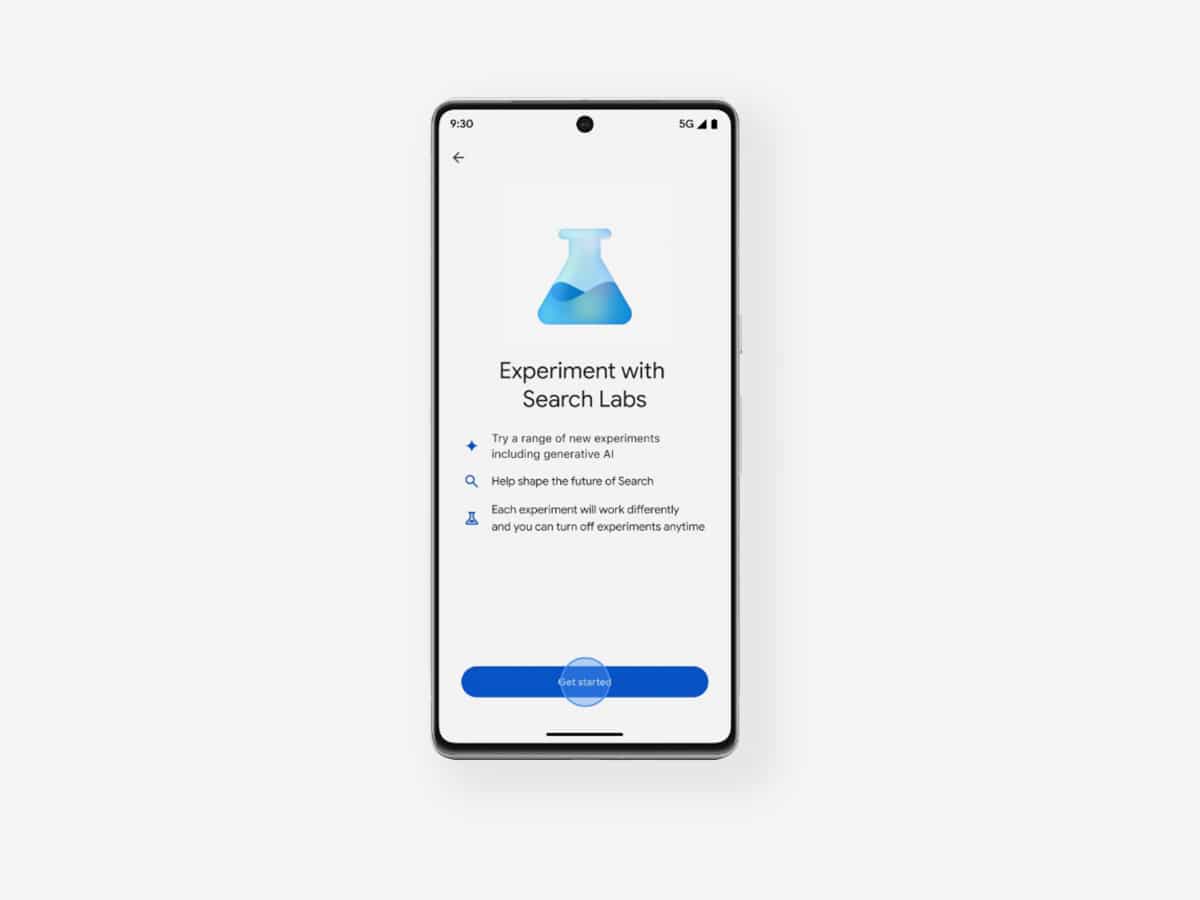
According to Merriam-Webster, the rise in searches for the word was “driven by stories and conversations about AI, celebrity culture, identity and social media”, however, the dictionary did acknowledge the various meanings behind the word. The organisation noted that some searches for the word related to alternative uses, including “not false or imitation” and “true to one’s own personality, spirit, or character”.
“The rise of AI helped drive interest in the word,” Peter Sokolowski, Merriam-Webster’s editor at large, said in a statement. “The line between ‘real’ and ‘fake’ has become increasingly blurred. As a result, in social media and marketing, authentic has become the gold standard for building trust—and authenticity, ironically, has become a performance.”
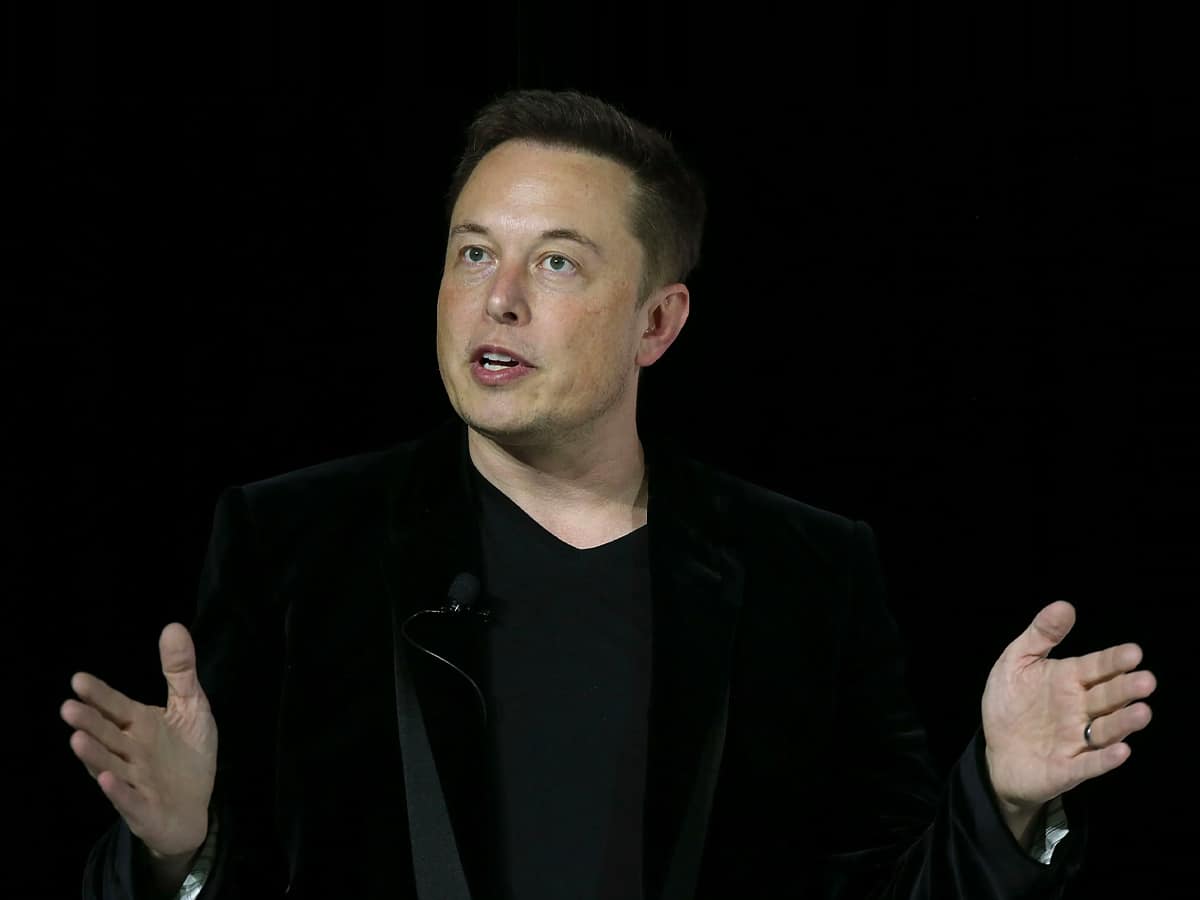
As Merriam-Webster rightly points out, the word ‘authentic has become the calling card for business managers, artists and celebrities hoping to generate engagement on a personal level. The publisher named celebrities such as Taylor Swift and Sam Smith as artists who made statements this year about their ‘authentic voice’ or ‘authentic self’, helping to swell interest and searches for the word.Importantly, ‘authentic’ wasn’t the only word to make headlines this year. With the rise of AI taking the internet by storm, ‘deepfake’ reportedly saw a significant uptick in searches, particularly in April. The trend came in response to statements made by lawyers for Tesla who suggested that CEO Elon Musk in previous statements on self-driving safety could have been faked. The word then had a second wind later in the year when fake ads with Ryan Reynolds and Donald Trump emerged online.
The former President also helped drive searches in another word this year, with Merriam-Wesbter confirming a sharp increase in searches for ‘indict’, while the word ‘implode’ also saw a jump in the wake of the Titan submersible disaster earlier this year.
Join Our Exclusive Community!
WINNER– Media Brand of the Year, 2025
WINNER– Website of the Year, 2024
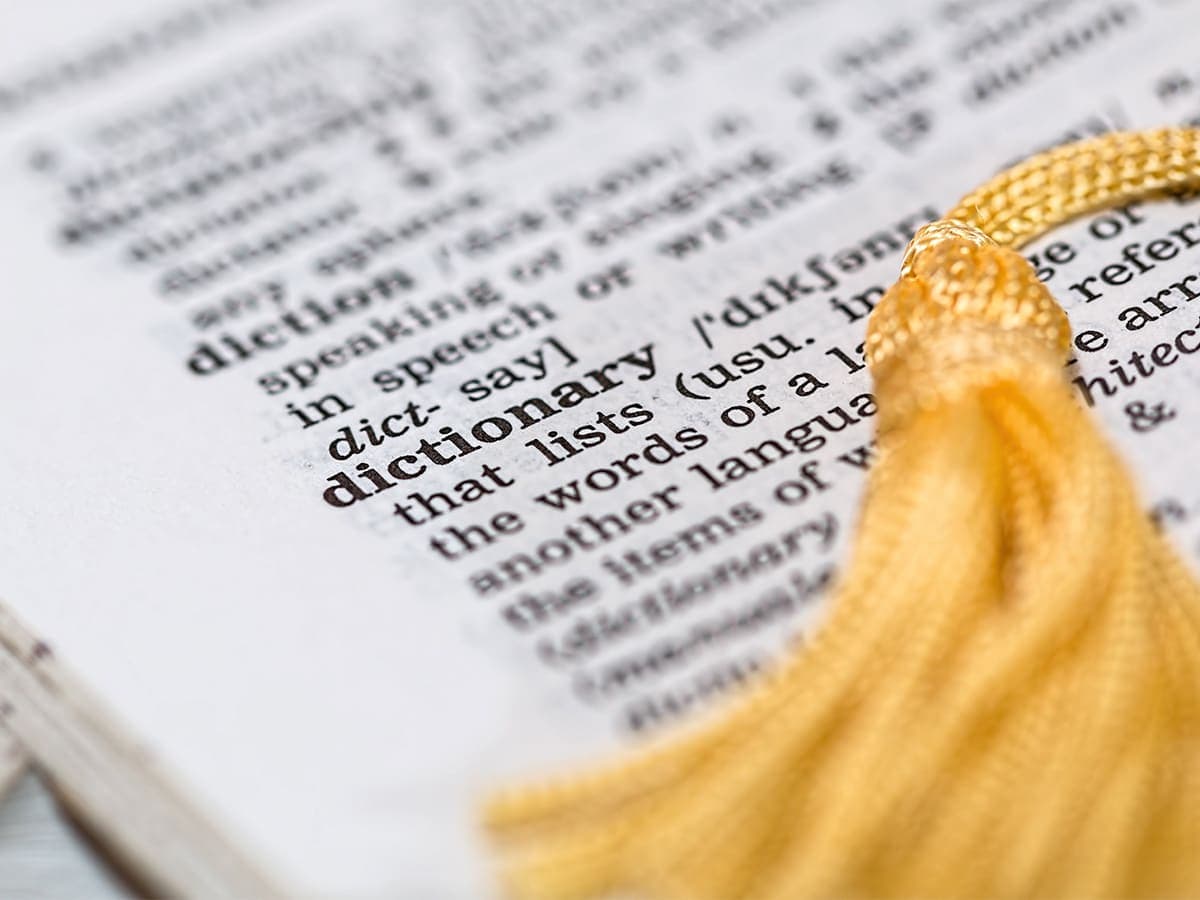

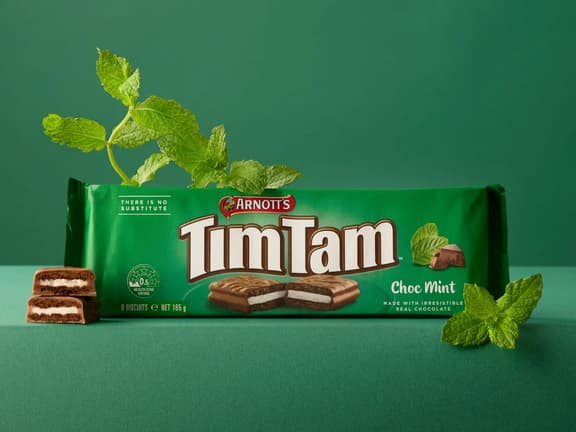



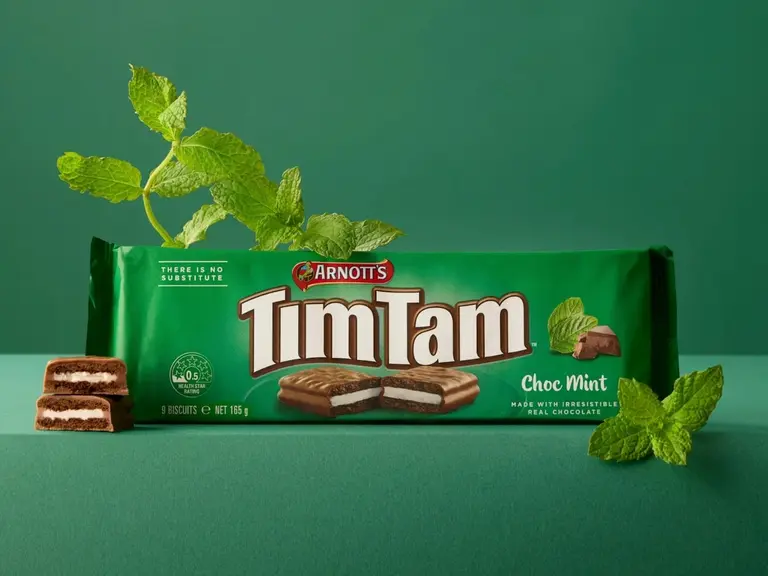


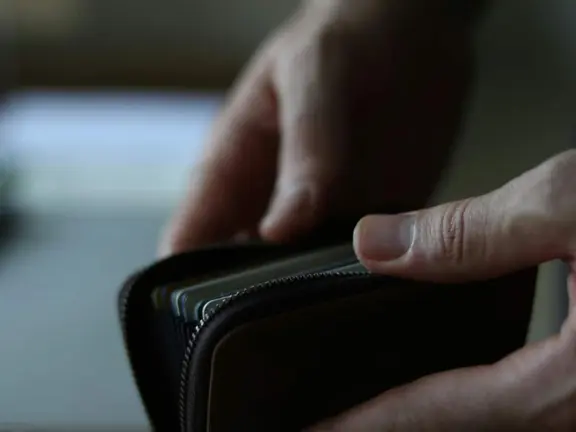



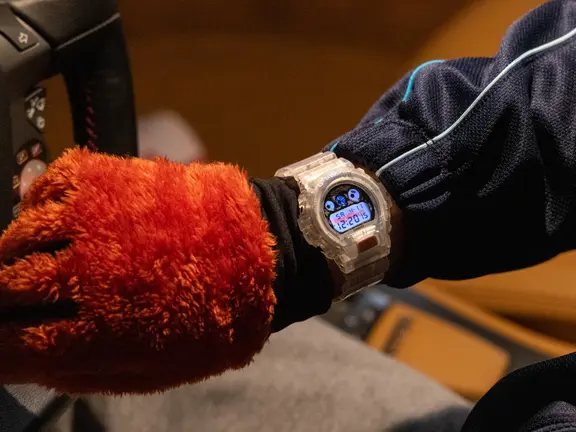



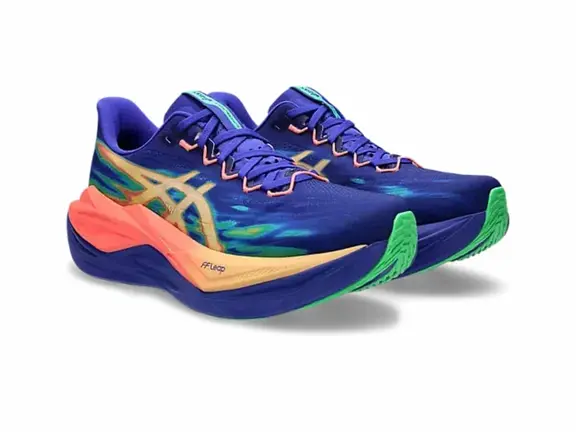








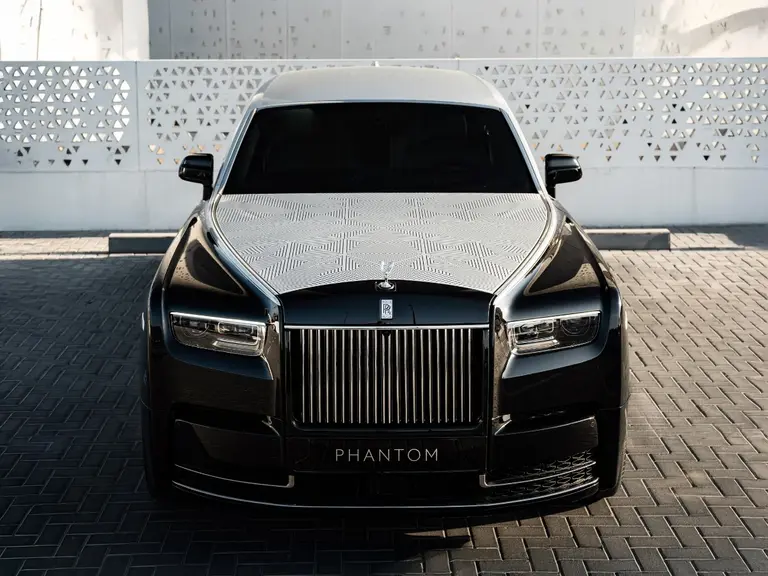
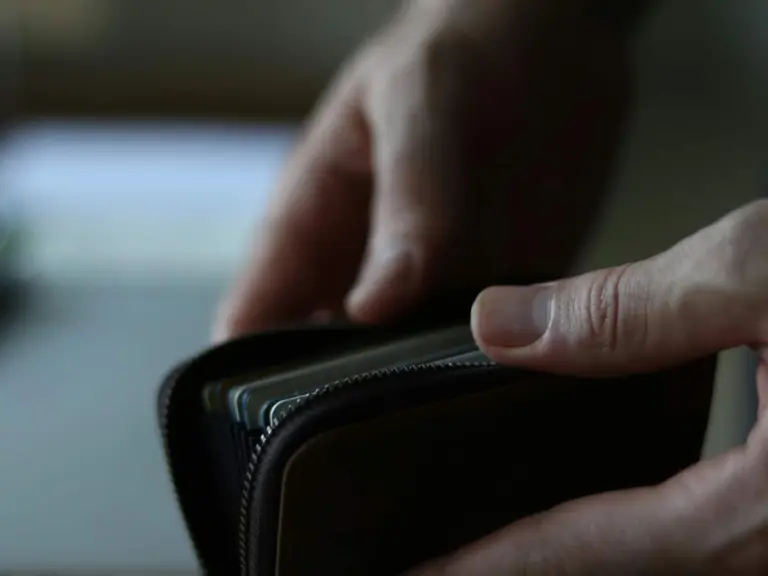

Comments
We love hearing from you. or to leave a comment.